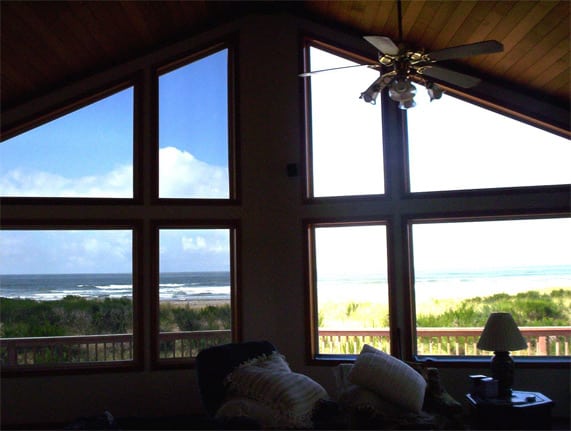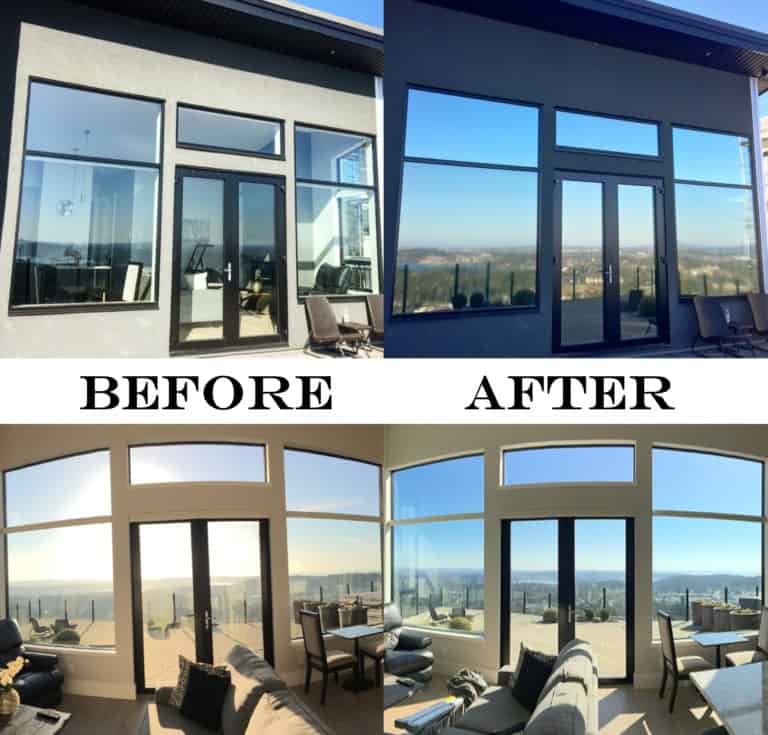Residential Window Tint: Block Harmful Rays Without Compromising All-natural Light
Residential Window Tint: Block Harmful Rays Without Compromising All-natural Light
Blog Article
Exactly How Residential Window Tinting Enhances Your Home's Energy Performance
Residential home window tinting provides a compelling option for home owners seeking to enhance energy effectiveness within their living areas. By using specialized films to home windows, it efficiently decreases warmth transfer, therefore stabilizing indoor temperature levels and minimizing the requirement for excessive heating or cooling.
Understanding Window Tinting
Understanding home window tinting is important for house owners seeking to improve both convenience and energy performance in their space. Residential Window Tint. Window tinting includes the application of a thin movie to the inside or exterior surface area of glass windows. This movie can dramatically modulate the amount of sunlight and warm that goes into a home, thus influencing interior climate conditions
There are different types of window tinting films offered, each with distinct residential or commercial properties. The efficiency of window tinting is often gauged by its Visible Light Transmission (VLT) percent, which suggests exactly how much light can pass via the movie.
Benefits of Power Performance
Window tinting not only boosts visual appeals however likewise plays a substantial duty in enhancing power performance within property areas. By decreasing warmth transfer through windows, tinted movies create an extra stable interior environment, which can result in substantial decreases in power usage for cooling and heating. This energy efficiency translates into lower energy costs, providing property owners with considerable long-term cost savings.

In addition, window tinting improves the comfort of living spaces. By decreasing glow and blocking harmful UV rays, tinted windows produce an even more pleasurable environment, which can bring about improved wellness for passengers. The protection against UV rays additionally helps maintain furniture and flooring from fading, adding to the durability of home things.
Just How Tinting Functions
Tinting films operate with a combination of sophisticated materials and technologies made to control the amount of solar energy going into a home. Mainly composed of polyester, these movies usually incorporate ceramic or metallic particles that show and take in warmth. This double capability allows them to substantially decrease the infiltration of ultraviolet (UV) rays and infrared radiation while permitting noticeable light to travel through.
The performance of home window tinting is determined by its solar warm gain coefficient (SHGC), which indicates just how much solar power is transmitted through the window. Lower SHGC values are better as they look at more info denote higher heat denial. In addition, window colors can feature a variety of shades, allowing home owners to personalize their visual preferences while boosting energy performance.
Additionally, these films function as a barrier, avoiding warm loss throughout chillier months by showing interior heat back right into the home. This thermal insulation result enhances the air conditioning benefits gotten during warmer months, adding to a well balanced indoor climate year-round. By managing solar energy successfully, household home window tinting not only boosts convenience yet likewise plays a vital duty in lowering energy usage and lowering energy bills.
Selecting the Right Color

There are numerous sorts of window films available, consisting of dyed, metalized, and ceramic. Dyed films are cost-effective yet might have restricted sturdiness. Metalized movies use better heat rejection however can hinder digital signals. Ceramic movies give excellent warm control without compromising exposure and are extremely long lasting, making them a popular selection.
Noticeable light transmission (VLT) is an additional crucial aspect, as it shows the quantity of all-natural light that can go through the tinted glass. Homeowners must choose a color with a VLT that enhances their illumination choices while still offering ample glow decrease.
Furthermore, examining the solar warmth gain coefficient (SHGC) can help figure out exactly how well a tint can obstruct warm from sunlight. A lower SHGC indicates better warm control, ultimately improving energy effectiveness.
Setup and Upkeep Tips
Appropriate setup and maintenance are crucial parts in making best use of the advantages of household home window tinting. Specialists likewise utilize specialized tools and methods, try this web-site which can improve the durability and effectiveness of the tint.
Adhering to setup, upkeep is crucial to prolong the life of the home window film. It is advised to wait at least 30 days before cleaning the tinted windows to allow the glue view to cure completely.
Dealing with these problems immediately can protect against additional damages and keep power effectiveness. By sticking to these installation and maintenance tips, homeowners can ensure their window tinting continues to supply significant energy financial savings and convenience for years to come.
Conclusion
Finally, household window tinting offers as an effective service for improving energy effectiveness within homes. By minimizing warmth transfer and blocking hazardous UV rays, home window movies contribute to decrease power usage and enhanced indoor comfort. The option of proper tinting products, in addition to correct setup and maintenance, additionally optimizes these advantages. Eventually, window tinting represents a sustainable investment that not only lowers utility bills but additionally advertises a comfortable living atmosphere throughout the year.
Home window tinting involves the application of a thin film to the inside or exterior surface of glass home windows. By lowering warmth transfer through home windows, tinted movies develop a more steady indoor environment, which can lead to significant decreases in power intake for heating and cooling.The performance of home window tinting is determined by its solar heat gain coefficient (SHGC), which shows how much solar power is transmitted via the window. By handling solar power successfully, domestic window tinting not just enhances comfort however also plays a crucial duty in lowering energy consumption and lowering utility bills.
By lowering warmth transfer and blocking unsafe UV rays, window movies contribute to decrease power intake and enhanced indoor convenience.
Report this page